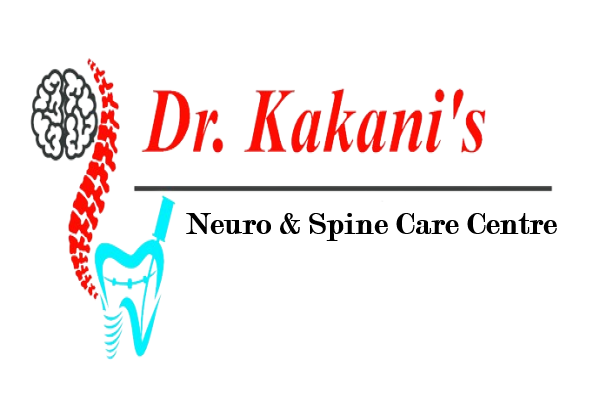Headaches and Migraines are common conditions that can vary in intensity, duration, and underlying causes. While everyone experiences headaches from time to time, migraines are a specific type of headache characterized by recurrent, severe attacks. Here are some key points about headaches and migraines: Headache: Types of Headaches: Tension-type headaches: Usually mild to moderate in intensity, often described as a constant band-like pain around the head. Cluster headaches: Intense headaches that occur in clusters, often around the eye, and can be accompanied by other symptoms such as nasal congestion and tearing. Sinus headaches: Often associated with sinus congestion and may be due to sinus inflammation or infection. Rebound headaches: Caused by overuse of pain medications. Causes: Stress, tension, lack of sleep, dehydration, eye strain, or specific triggers like certain foods or environmental factors. Management: Over-the-counter pain relievers (as recommended by a healthcare professional). Addressing underlying causes, such as stress management, proper hydration, and adequate sleep. Relaxation techniques and stress reduction strategies. Migraine: Characteristics: Recurrent, throbbing headaches that often affect one side of the head. Accompanied by other symptoms such as nausea, vomiting, sensitivity to light (photophobia), and sound (phonophobia). Triggers: Migraine triggers can vary widely among individuals and may include certain foods, hormonal changes, stress, lack of sleep, and environmental factors. Management: Acute Treatment: Over-the-counter or prescription medications (such as triptans) to relieve pain and associated symptoms. Preventive Treatment: Medications taken regularly to reduce the frequency and severity of migraines. Lifestyle Modifications: Identifying and avoiding triggers, maintaining a regular sleep schedule, staying hydrated, and managing stress through relaxation techniques. Medical Evaluation: If experiencing severe or frequent migraines, a healthcare professional may conduct a thorough evaluation to rule out underlying causes and determine an appropriate treatment plan. When to Seek Medical Attention: Severe Headaches: If you experience a sudden and severe headache, especially if it is different from your usual headaches, seek medical attention promptly. Migraines Impacting Daily Life: If migraines significantly impact your daily activities and quality of life, consult with a healthcare professional for evaluation and management. New or Worsening Symptoms: If you experience new or worsening neurological symptoms, such as visual disturbances, weakness, or confusion, seek immediate medical attention. It's essential to consult with a healthcare professional for an accurate diagnosis and appropriate management plan tailored to your specific situation. They can help identify triggers, recommend effective treatments, and provide guidance on lifestyle modifications to manage and prevent headaches or migraines.

This is your website preview.
Currently it only shows your basic business info. Start adding relevant business details such as description, images and products or services to gain your customers attention by using Boost 360 android app / iOS App / web portal.
917276135101
Have any question or need any consultation?
Online appointment booking is not available right now.
Your enquiry
Your contact info
Appointment Confirmed
Your appointment ID is
| Doctor Name: | |
| Date & Time: | |
| Contact: | +917276135101 |
| Address: | Medicure multispeciality clinic, Ground Floor, Shree Radhe heights, opp. Niti Gaurav Complex, near Lokmat chowk, Ramdaspeth, Nagpur, Maharashtra 440012, India |
| Appointment fee: | |
| Payment mode: | |
| Join video call at: |
Thanks for choosing us.Your appointment details has been shared on your mobile number as well. Please arrive atleast 10 minutes ahead of the scheduled time.
Success
